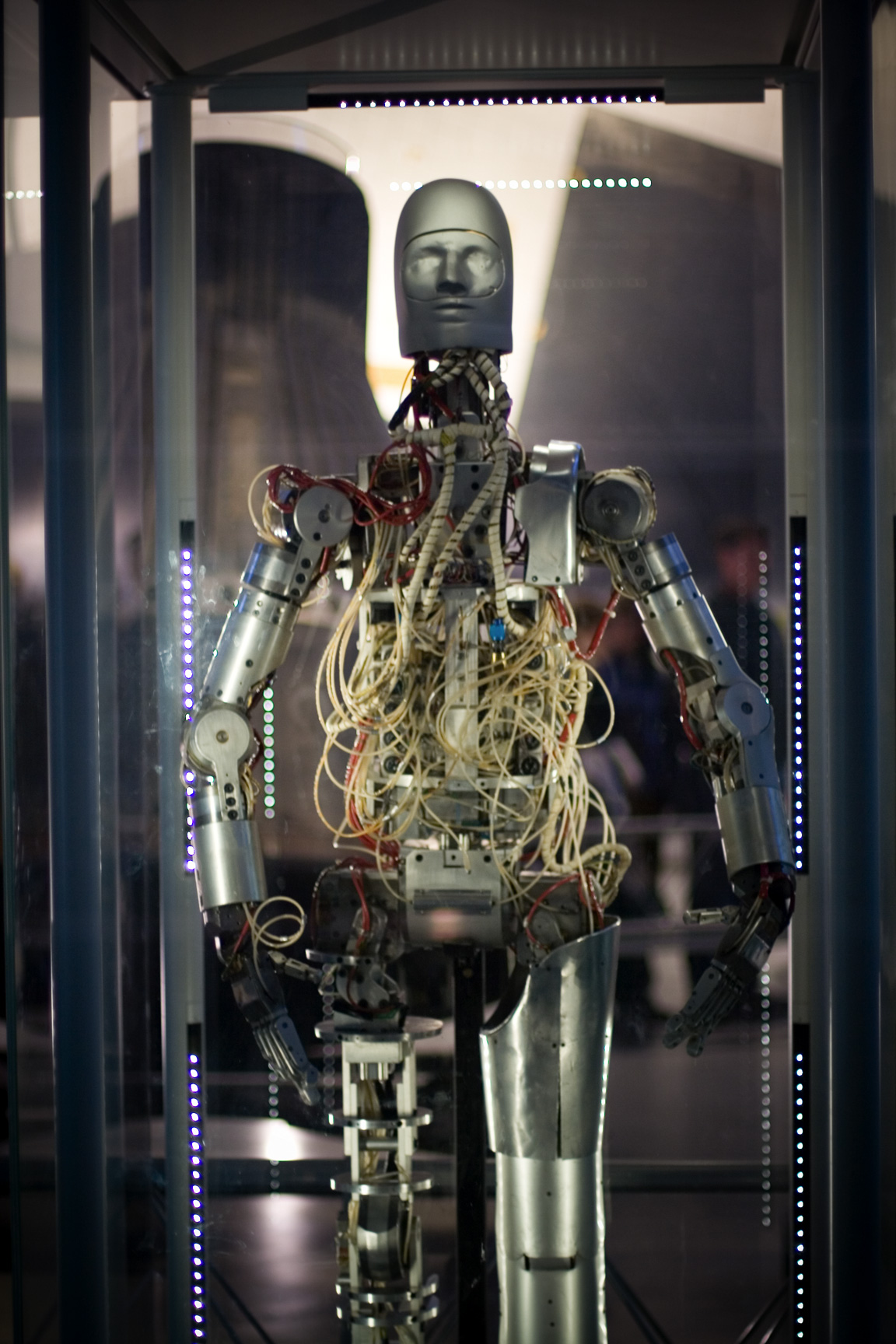In Philip K. Dick’s too-bleak 1972 essay, “The Android and the Human,” there is, unsurprisingly, some truth:
“I would like then to ask this: what is it, in our behavior, that we can call specifically human? That is special to us as a living species? And what is it that, at least up to now, we can consign as merely machine behavior, or, by extension, insect behavior, or reflex behavior? And I would include, in this, the kind of pseudo-human behavior exhibited by what were once living men — creatures who have, in ways I wish to discuss next, become instruments, means, rather than ends, and hence to me analogs of machines in the bad sense, in the sense that although biological life continues, metabolism goes on, the soul — for lack of a better term — is no longer there or at least no longer active. And such does exist in our world — it always did, but the production of such inauthentic human activity has become a science of government and such-like agencies, now. The reduction of humans to mere use — men made into machines, serving a purpose which although ‘good’ in an abstract sense has, for its accomplishment, employed what I regard as the greatest evil imaginable: the placing on what was a free man who laughed and cried and made mistakes and wandered off into foolishness and play a restriction that limits him, despite what he may imagine or think, to the fulfilling of an aim outside of his own personal — however puny — destiny. As if, so to speak, history has made him into its instrument. History, and men skilled in — and trained in — the use of manipulative techniques, equipped with devices, ideologically oriented, themselves, in such as way that the use of these devices strikes them as a necessary or at least desirable method of bringing about some ultimately desired goal.
I think, at this point, of Tom Paine’s comment about or another party of the Europe of his time: ‘They admired the feathers and forgot the dying bird.’ And it is the ‘dying bird’ that I am concerned with. The dying — and yet, I think, beginning once again to revive in the hearts of the new generation of kids coming into maturity — the dying bird of authentic humanness.”
Tags: Philip K. Dick

